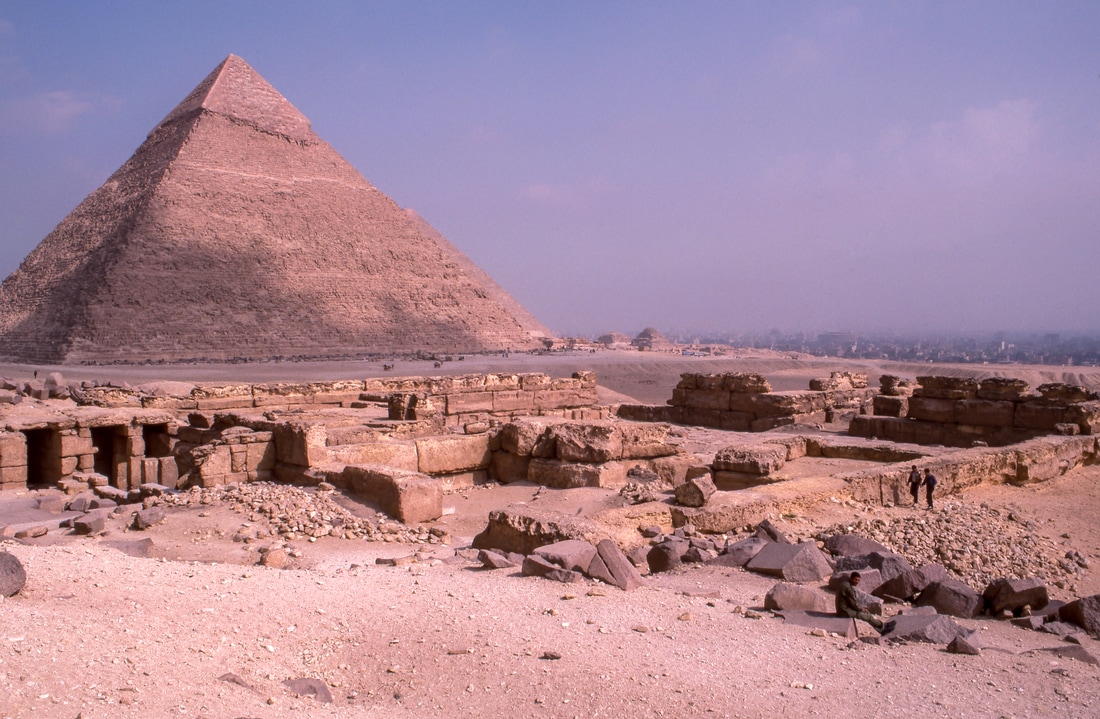|
Looking back at the previous post on this blog, The Debate Over Learning Styles, we quoted psychology professor Dr Tesia Marshik on the role of meaning in learning: ...in order to retain information, we have to organize it in a way that's meaningful, right? We need to make connections to it, through our experiences, or coming up with our own examples.... There's a lot of research to support this idea that most of what we learn is stored in terms of meaning, and not according to images or auditory sounds. A couple of recent articles in Lapham's Quarterly look at the process of discovery, and how meaning is derived through that process. In The Turning Sky: Discovering the Pyramid Texts, Susan Brind Morrow describes the challenges of translating ancient texts accurately and meaningfully. While working on a new translation of an early Egyptian religious pyramid text, Morrow found previous translations incomprehensible, seemingly a "disconnected collection of magic spells about snakes mixed into an incoherent myth involving the dead pharaoh with various animals and gods." As I looked at the spare and elegant hieroglyphic writing on the pyramid walls, the question arose: Would writing of this complexity and length be executed with such care in order to say something so meaningless? I realized that the meaning of the Pyramid Texts was still undiscovered; the text had been buried for a century by academic incomprehension, as it was for millennia by desert sand. As Morrow unlocks the true meaning of the hieroglyphics, she reveals poetry that still resonates today, and provides insight into the worldview of the authors, writing thousands of years ago. Through scholarship and inspiration, she renders the obscure comprehensible, establishing historical, cultural, and linguistic context in the process. In Homo Faber: Discovering the infinite universe, Lewis H. Lapham takes a broad look at discovery, knowledge, and the joy of learning: A probable contender for a Nobel Prize at the age of eighty-one, Vera Rubin had been asked if she was troubled by the near-infinite expanse of human ignorance. The question was not gratuitous. Rubin’s eminence as an astronomer rested on her finding in the universe five, maybe ten times the mass of energy dreamed of in the cosmologies of Albert Einstein and Max Planck. Not only was the universe more infinite than previously imagined, but the newly discovered bulk of it was composed of dark matter destined to remain unknowable because it was not formed of the same atomic fairy dust as all things animal, mineral, and vegetable, celestial and terrestrial, to which mankind gives the names of nature ceaselessly creating itself.
1 Comment
|
Intelligence AmplifiedArchives
April 2023
CategoriesRead our magazine on Flipboard!
|


